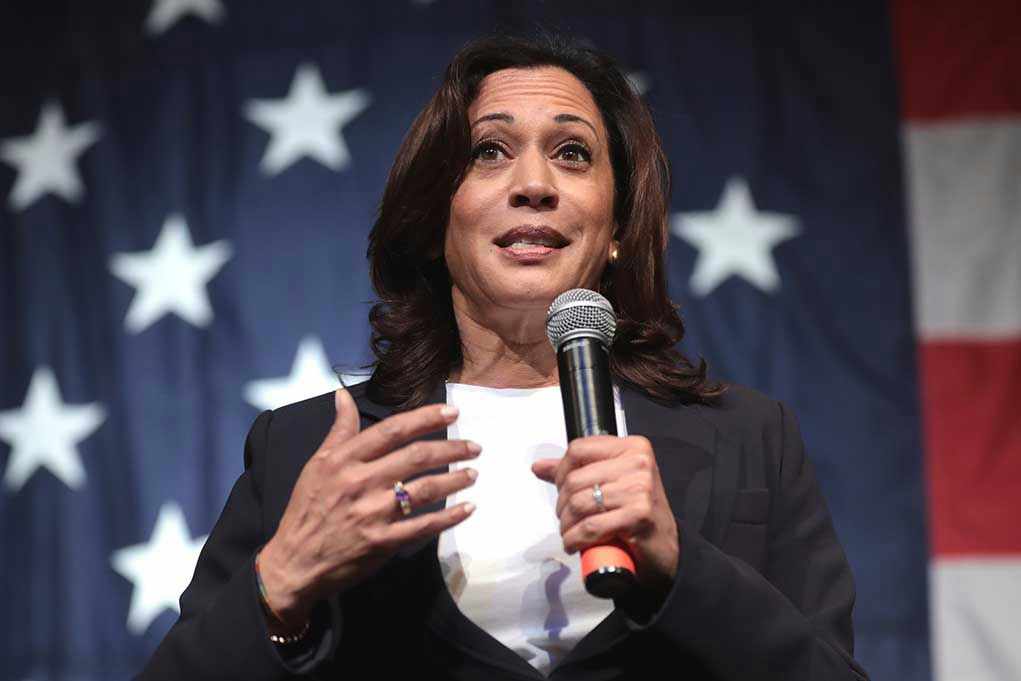
The reallocation of LAPD’s elite officers to protect Kamala Harris is sparking concerns about public safety and crime-fighting capabilities.
Story Snapshot
- Kamala Harris’s Secret Service protection was revoked by the Trump administration in 2025.
- LAPD’s Metro Division officers have been reassigned from crime suppression to provide Harris with personal security.
- This move raises concerns about the impact on local crime-fighting capacity in Los Angeles.
- Potential economic, social, and political implications are under scrutiny.
The Reassignment of LAPD’s Elite Officers
The Trump administration’s decision in 2025 to revoke Kamala Harris’s Secret Service protection, following the standard post-office protocol for former vice presidents, has led to a unique scenario. Typically, security for former vice presidents is managed by the Secret Service. However, in this case, the LAPD’s elite Metro Division officers, known for handling crime suppression and high-risk operations, have been tasked with providing Harris’s personal security.
This redeployment, starting in early September 2025, has drawn officers away from their usual duties. This shift has sparked concerns about the potential impact on local crime suppression efforts. Los Angeles, a major urban center, relies heavily on the Metro Division for rapid response to crime and counter-terrorism activities. Redirecting these resources to personal security for Harris, a former federal official, raises questions about the balance between federal and local responsibilities.
Implications for Public Safety and Resource Allocation
The reassignment of the LAPD’s Metro Division officers from their primary roles to a security detail for Harris has significant implications. In the short term, there is concern about reduced police presence in high-crime areas, potentially leading to increased response times and gaps in crime-fighting capacity. Long-term, this could set a precedent for local agencies filling gaps left by federal security withdrawals, potentially straining resources and affecting morale within the LAPD.
Public concern is mounting over the LAPD’s ability to maintain its crime suppression capabilities. The economic impact, involving potential overtime costs and resource allocation challenges, is also under scrutiny. Politically, the move has sparked debate over the appropriateness of using local resources for federal-level protection, highlighting tensions between local and federal authorities.
Expert Opinions and Broader Impacts
Security experts have noted that local law enforcement is generally not equipped for the long-term personal protection of former federal officials. Such assignments can detract from core public safety missions, presenting operational risks when elite units like the Metro Division are diverted from their primary roles. Scholars of public administration regard this situation as unusual, pointing to potential governance challenges and the importance of maintaining specialized units for their intended functions.
While some argue that the move is necessary for Harris’s security following the withdrawal of federal protection, others contend it undermines local crime-fighting efforts and sets a concerning precedent. The broader implications for local-federal security responsibilities may prompt policy reviews to address such gaps and ensure adequate protection for former officials without compromising local public safety.
Sources:
LA Times (for broader law enforcement context)




